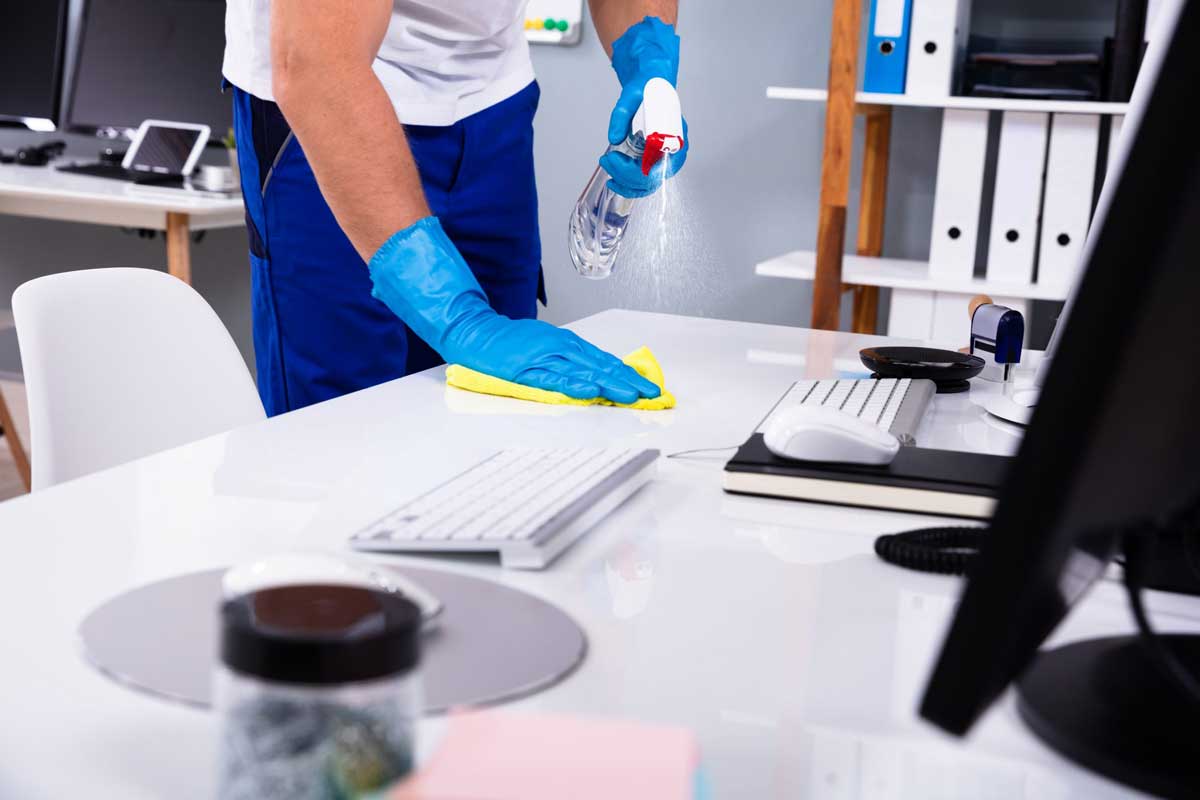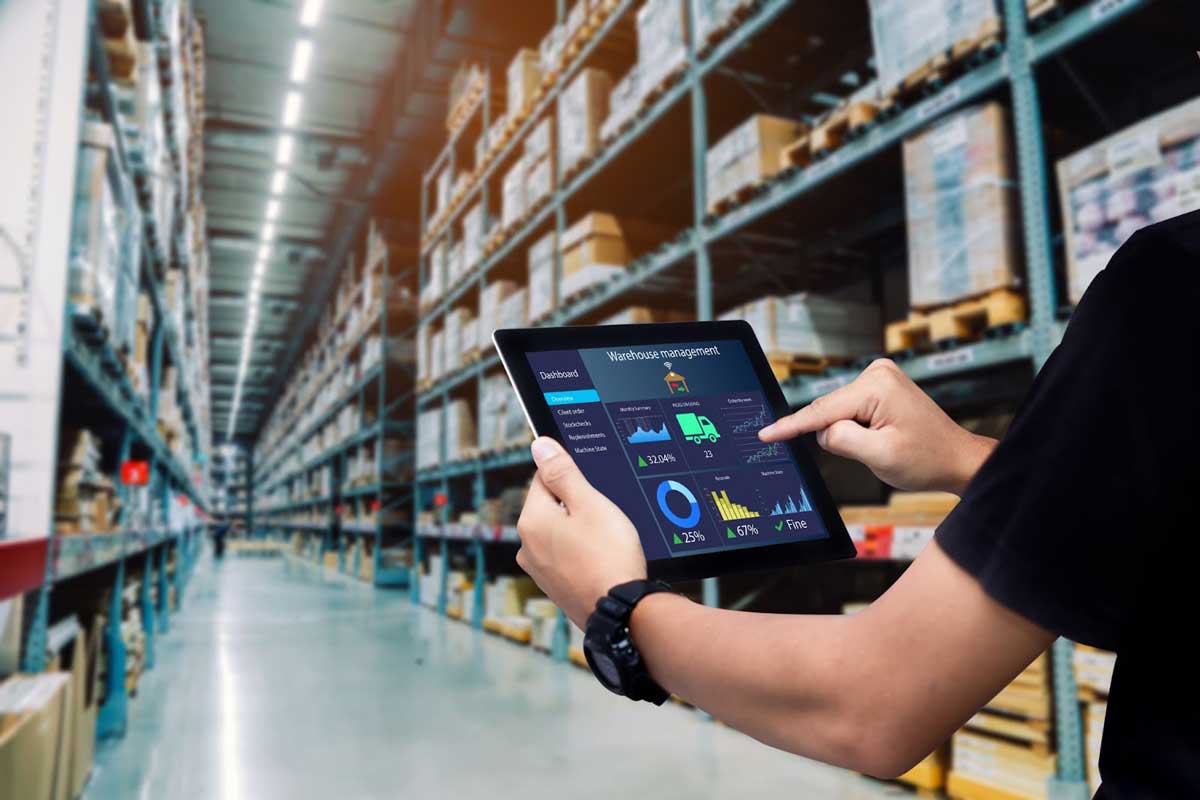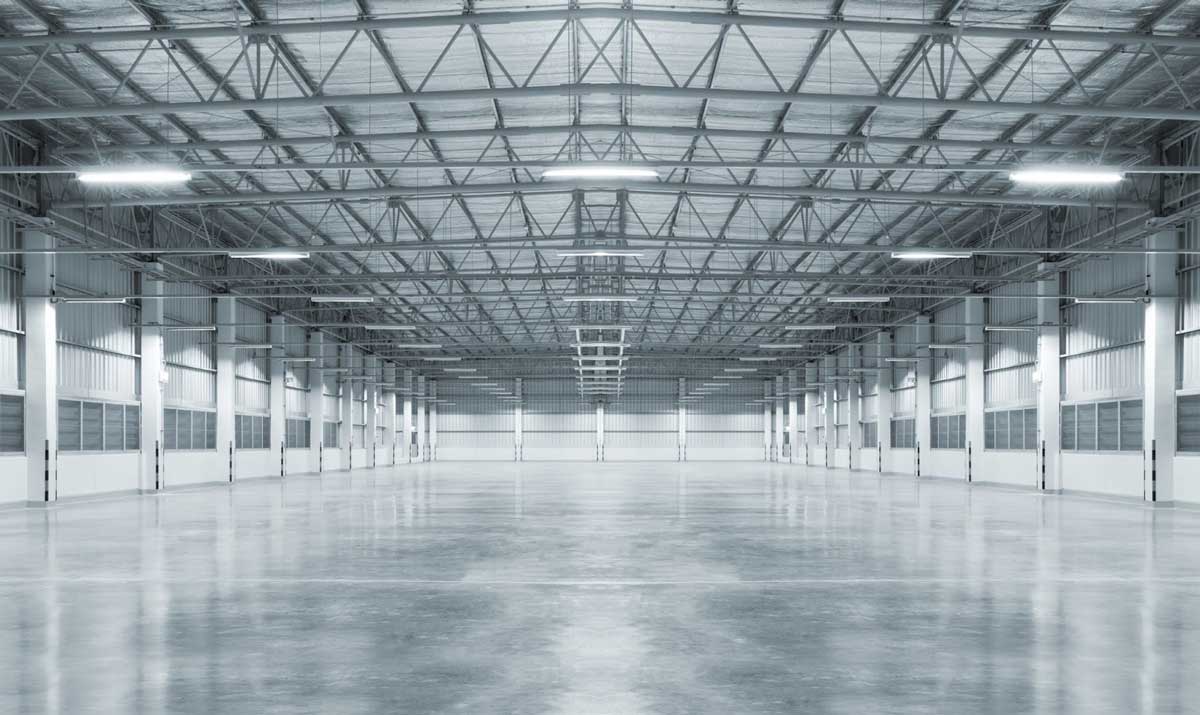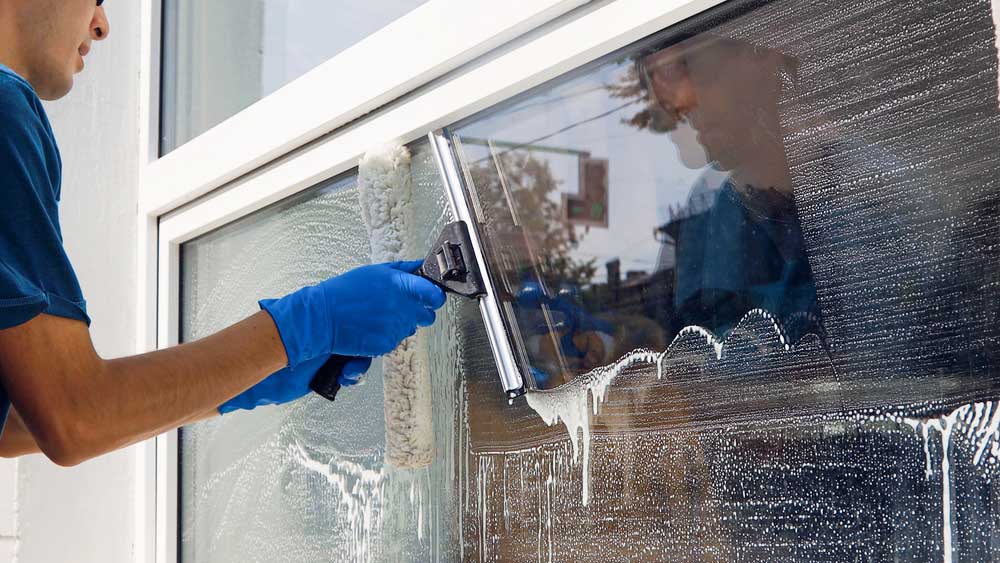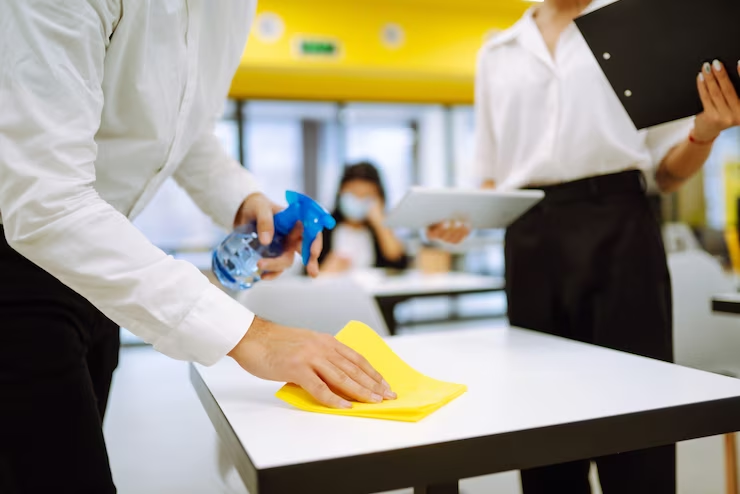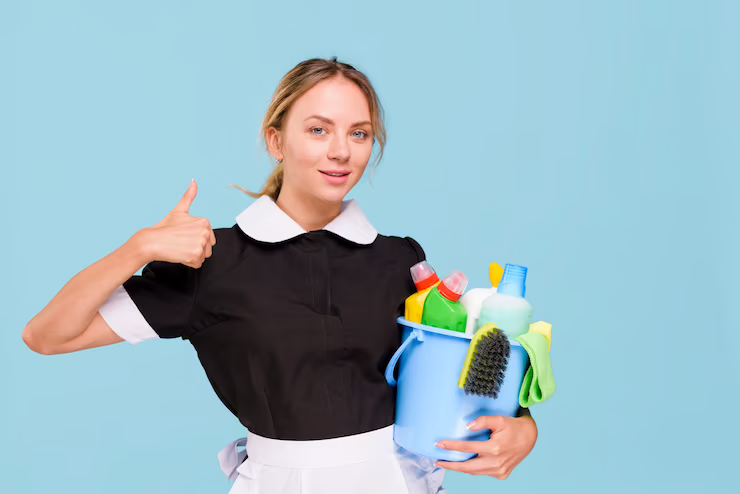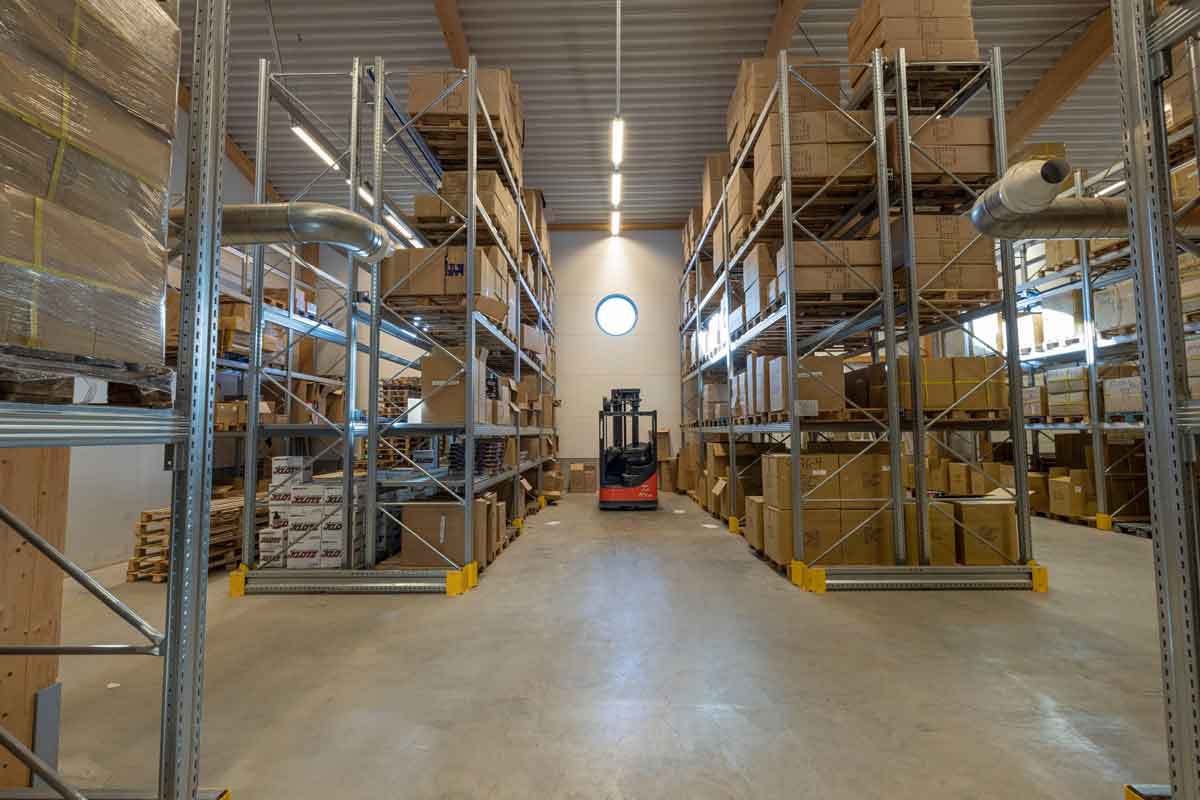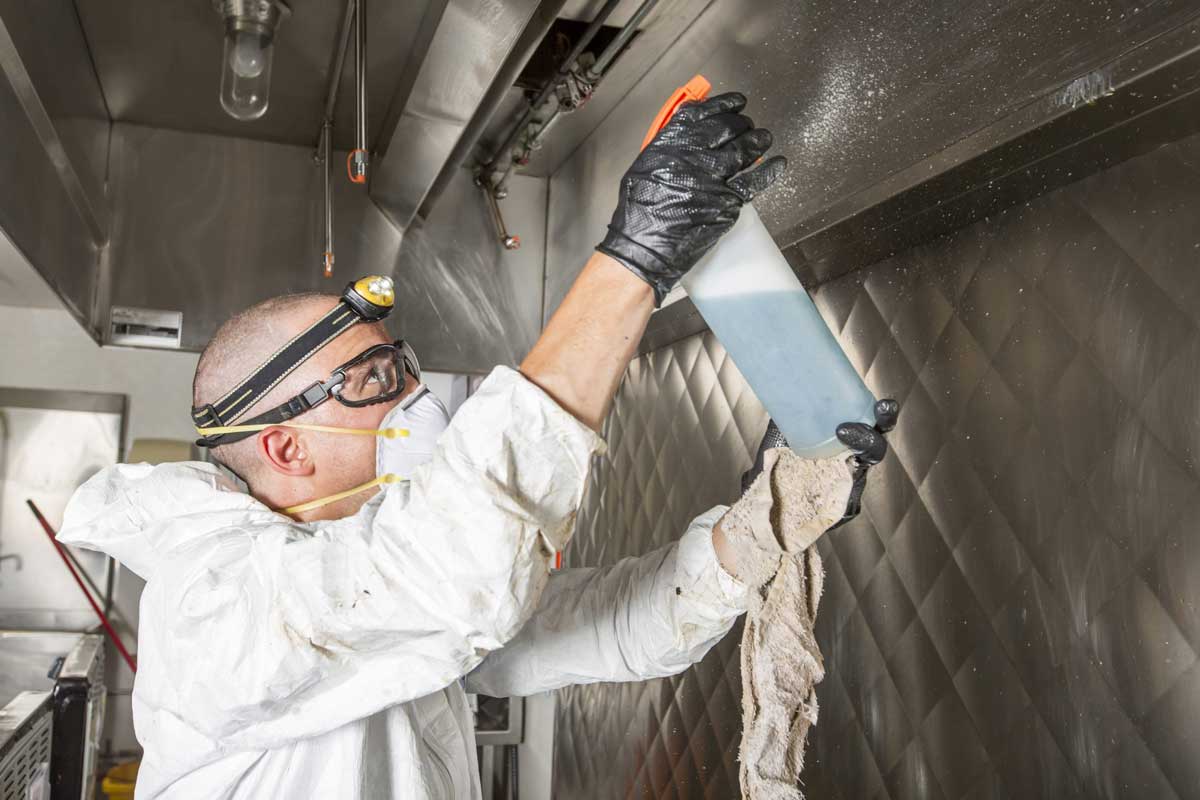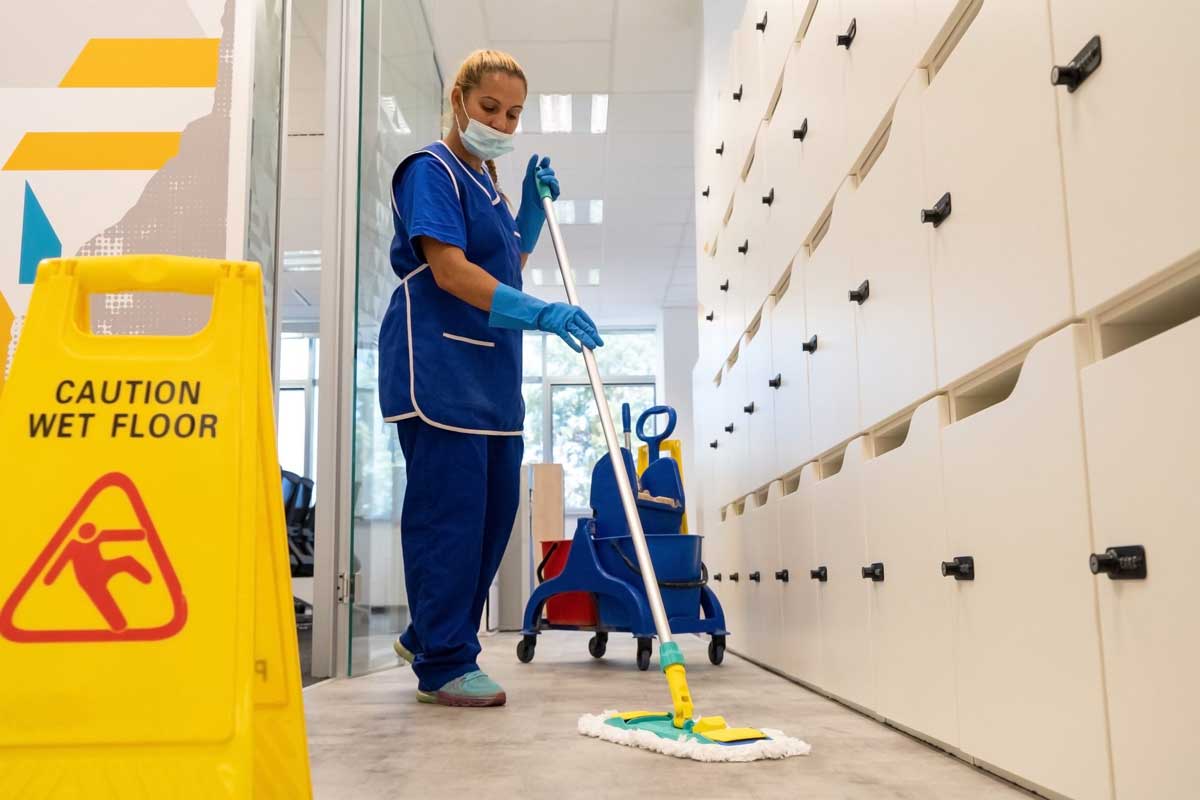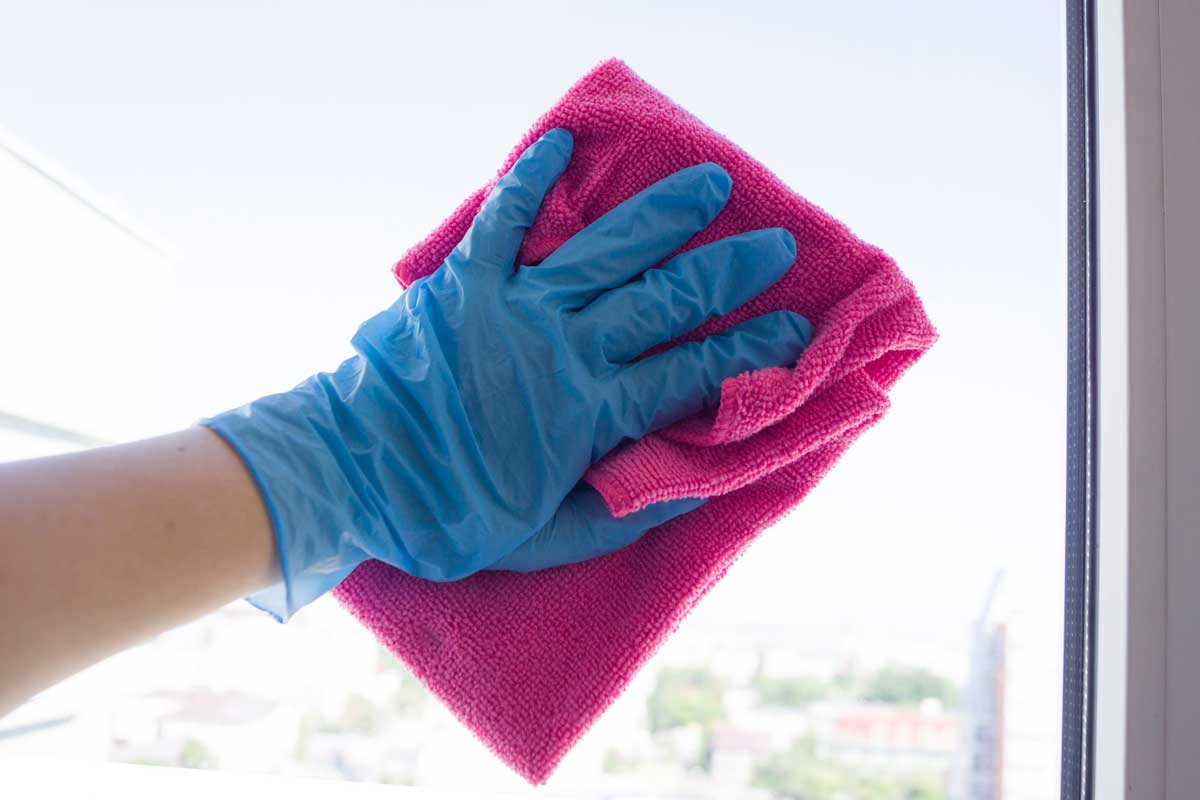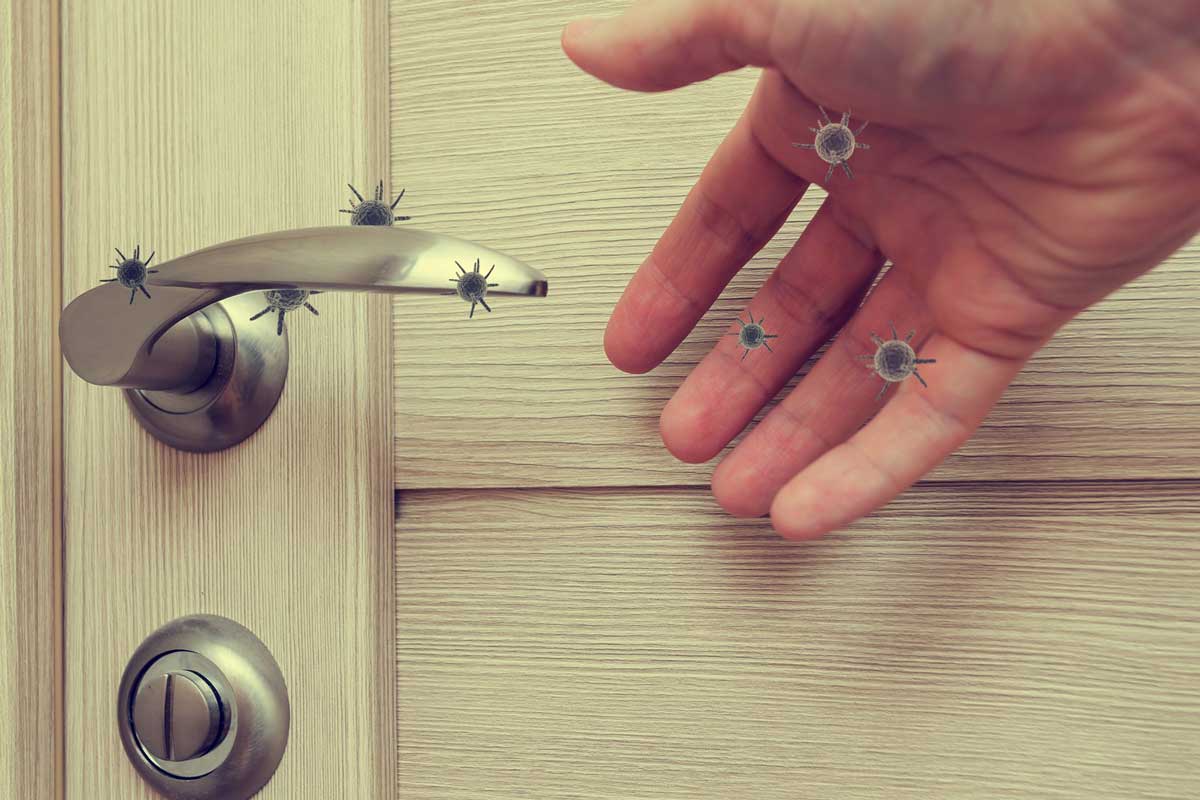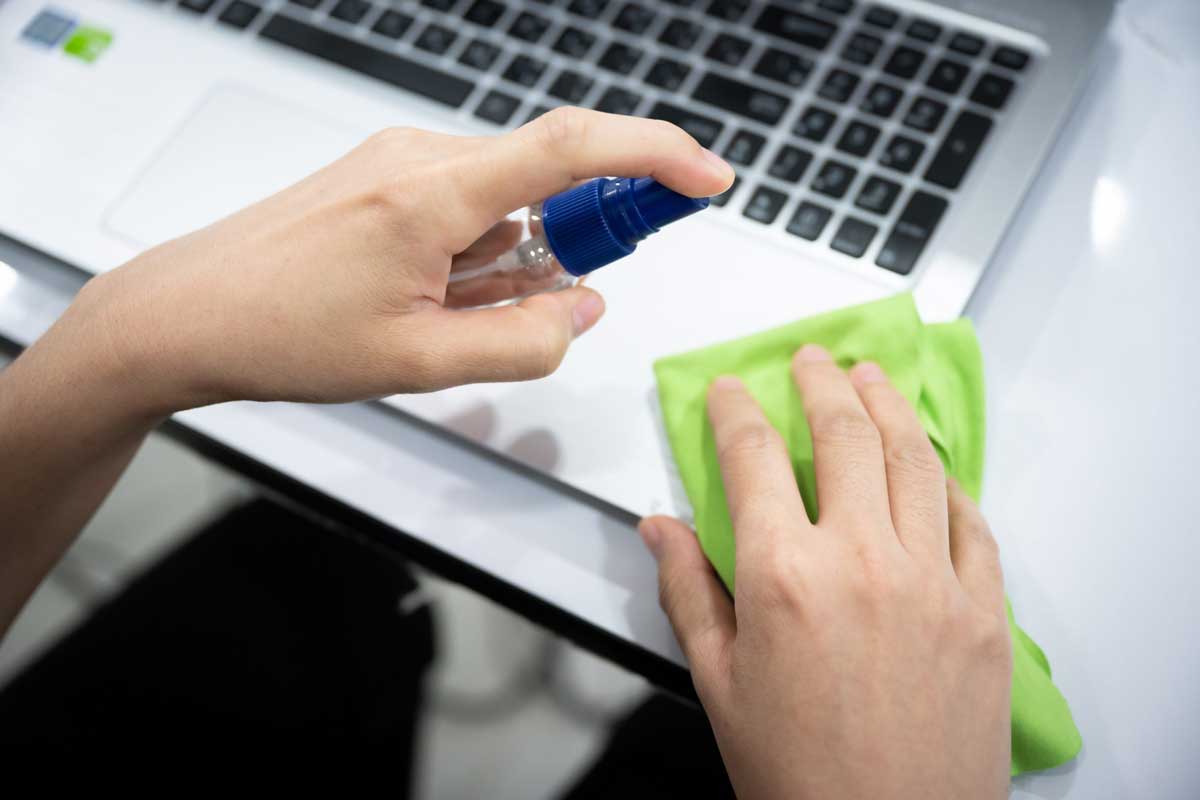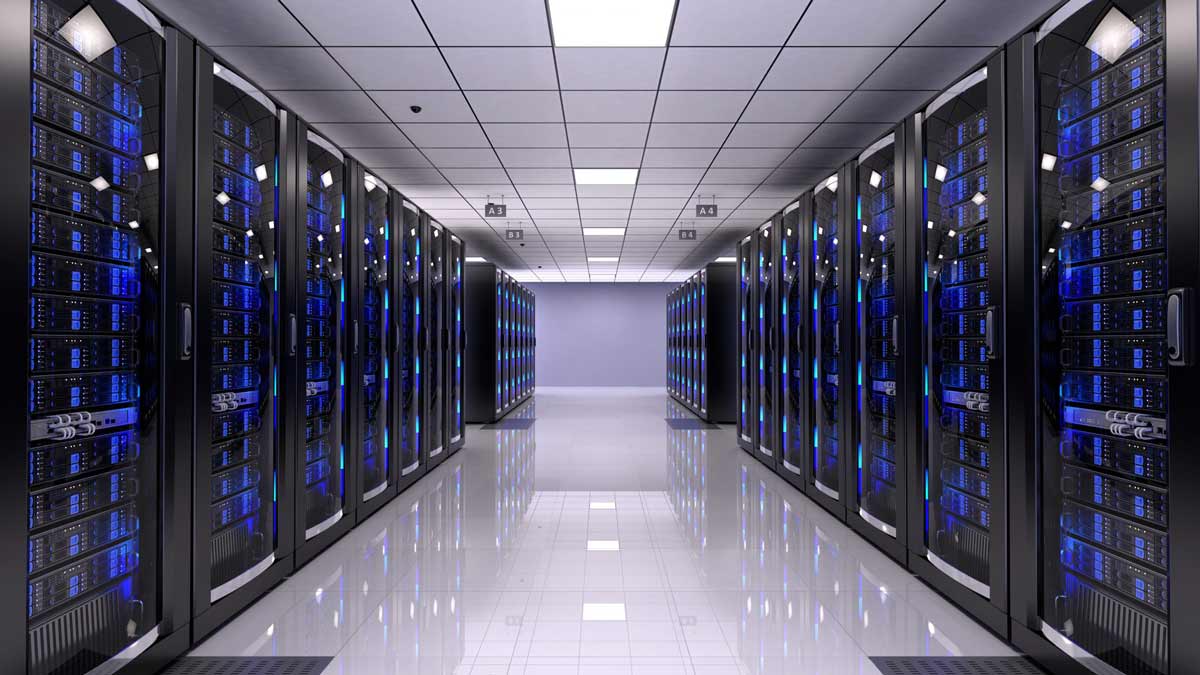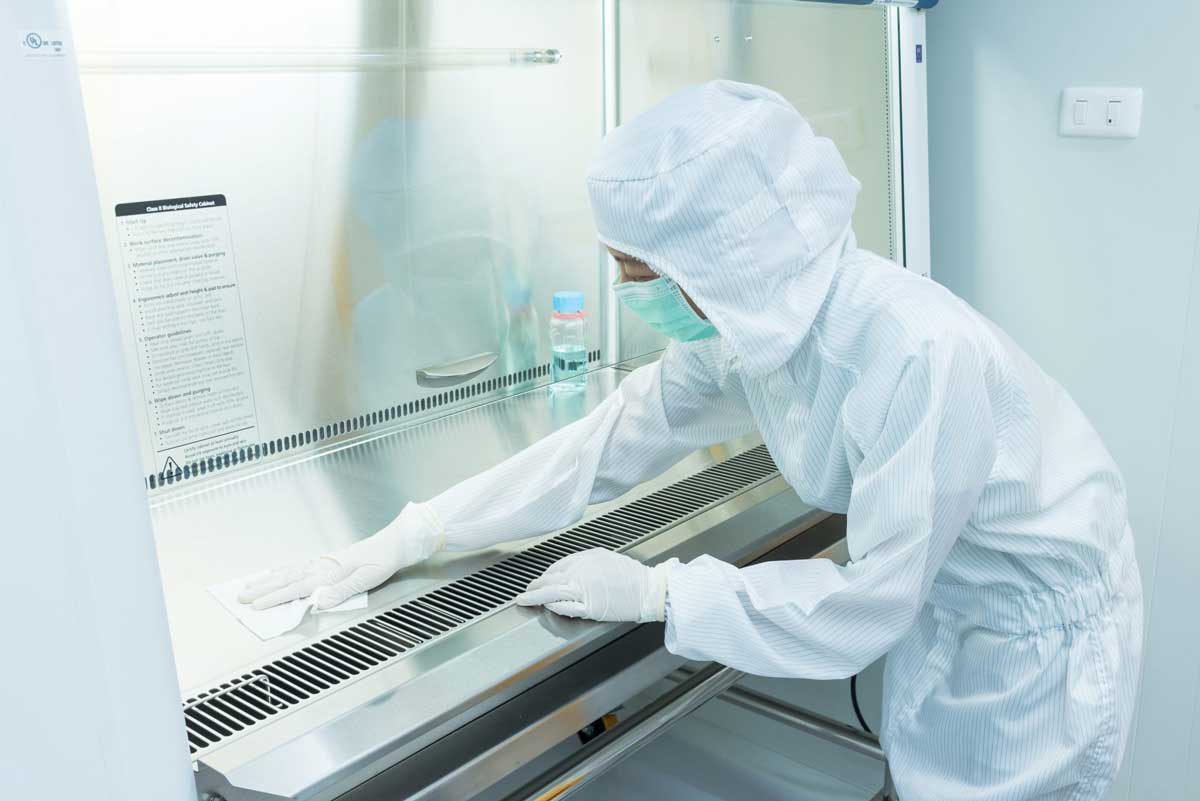Germs are on our mind these days–especially during cold and flu season. To protect your employees, and help employees protect themselves from germs, we compiled a list of the germiest places at work. Here’s a hint…they’re places that get a lot of traffic.
#1 Door Handles
Door handles get a lot of dirty hands, so they’re a place that needs frequent cleaning–especially during cold and flu season when sickness seems to spread.
#2 Desktop
You spend a lot of time at your desk, so it’s likely not a surprise that it has far more germs — about 400 times more — than a toilet seat. That amounts to about 21,000 bacteria, viruses, and fungi per square inch. All of these germs travel on your hands, so it’s important to wipe down desks so that you don’t spread these gross germs to other places in the office. As always, washing your hands and sanitizing frequently helps prevent the spread as well.
#3 Keyboard
Consider how much you touch your keyboard every single day. Not only do your dirty fingers touch it, but you eat over it, spill drinks on it and sneeze and cough on it. That amounts to a lot of germs!
#4 Telephone
Phones have lots of germs, and if it’s used by multiple people, it has even more. Wipe down all parts of the phone frequently to keep employees (or yourself) safe and healthy.
#5 Copier and Other Office Equipment
How often does your printer’s touchpad get wiped down? How about your other office equipment? Maybe not as often as it should. Germs hide and thrive on the buttons of the printer, copier, fax, postage meter, and other office devices.
#6 Breakroom Sink
In addition to all of the hands touching the faucet handle, the sink gets food and bacteria that can increase the germiness.
#7 Elevator Buttons
If your facility has an elevator, make sure the buttons get cleaned frequently. Think about how many people touch the buttons with unclean hands. It’s enough to make you want to wipe down the buttons immediately!
#8 Water Cooler
Like the other places that made the list, the water cooler gets tons of people filling up water bottles and getting hot water for tea. Everyone who touches it brings their own germs and grime. Wipe down anything that people touch on the water cooler to keep it germ free.
#9 Coffee Maker and Pot
This is one spot that often gets overlooked. We rinse out the coffee pot but think about how often the handle gets cleaned. Probably not often enough.
Regarding the coffee maker, you can take this into your own hands. After all, bacteria love to grow in the damp, dark insides of these well-loved machines. Fill it with 4 cups of plain white vinegar, and let that stand for a half-hour. Then let it run through, followed by three cycles of water, or until you don’t smell the vinegar.
#10 Microwave Door
People use the microwave to heat up coffee, lunches, and whatever else they need during the work day. People touch the handle each time they use the microwave, and they have to press the buttons as well. Add it to your list of places to frequently clean.
Hopefully our list gives you places to focus on to keep your facility as clean as can be. And if you’re in need of a commercial cleaner, give us a call so we can keep your employees safe and healthy.
